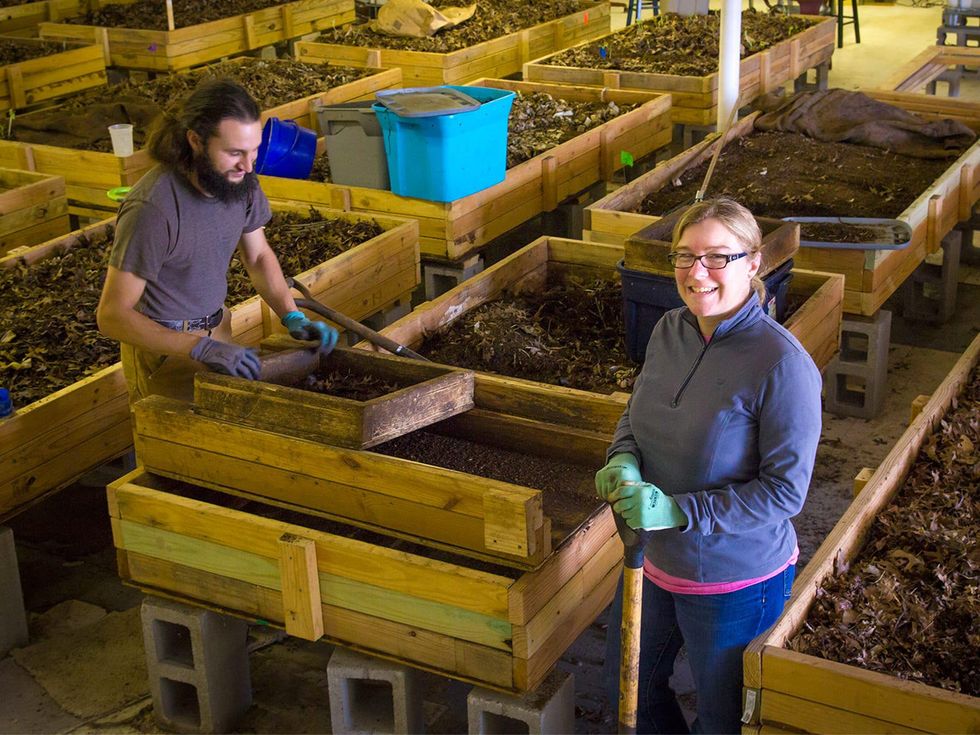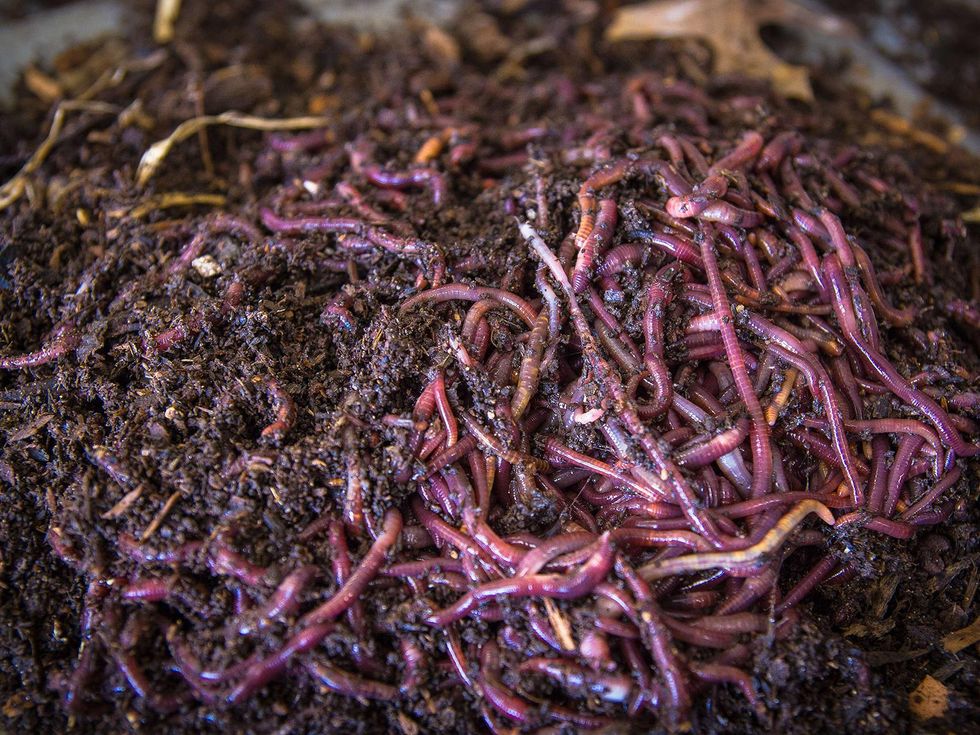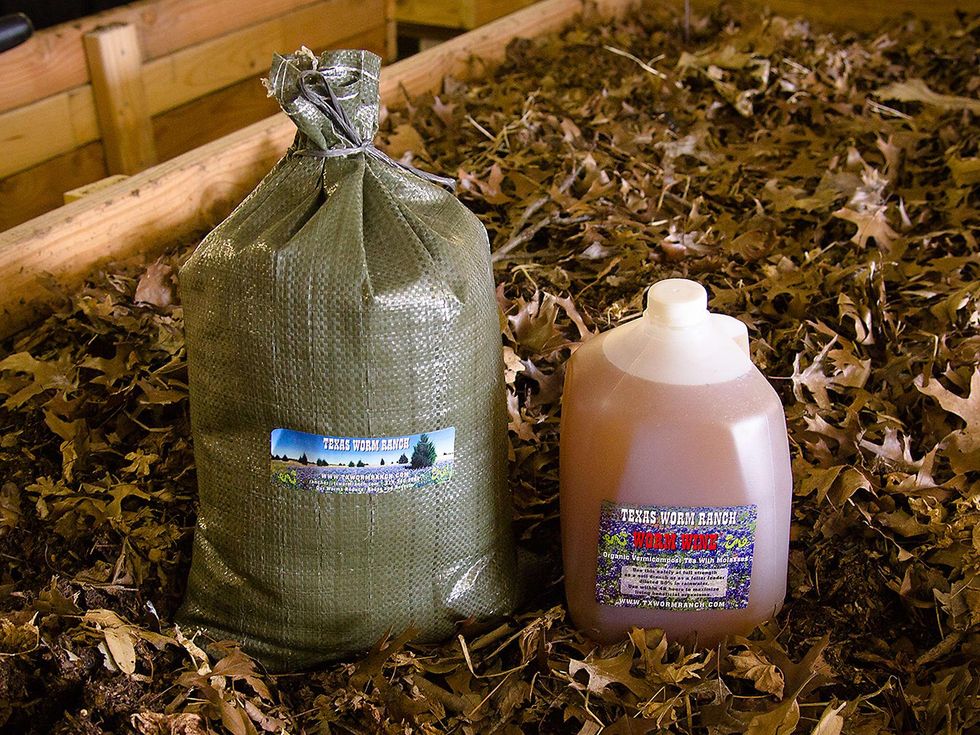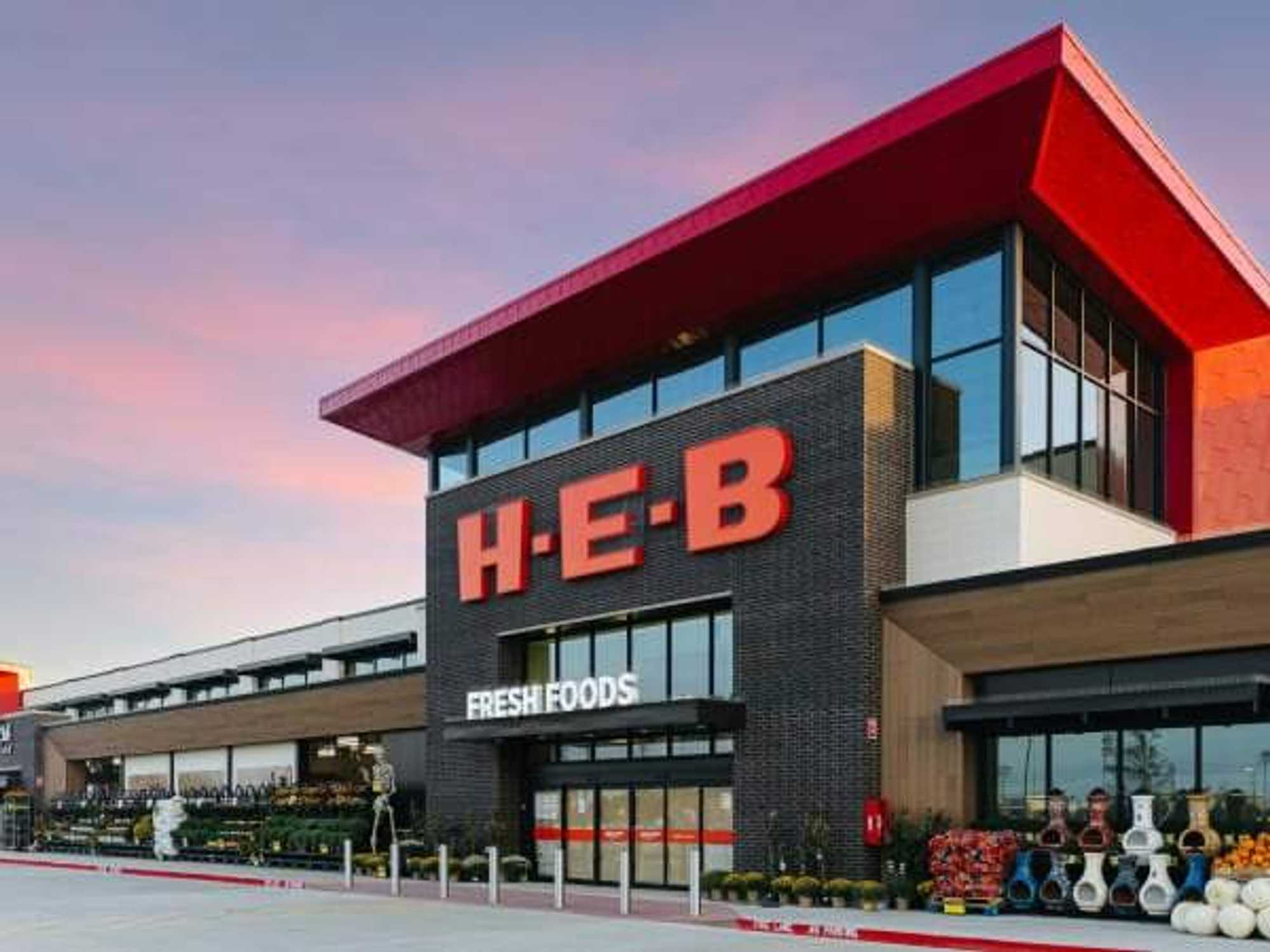The Farmer Diaries
Texas gardener oversees unlikely ranch: worms
Ingesting neurotoxins or traipsing through carcinogens never seemed like a good idea to Garland resident Heather Rinaldi. An organic gardener herself, she started Texas Worm Ranch to help others break their dependence on synthetic fertilizers, weed killers and insecticides.
She offers two products: earthworm castings and Worm Wine, brewed from those castings. Both replenish microbial life that has been killed off in soils ruined by conventional lawn and garden chemicals.
Castings are the digested waste of earthworms fed a diet of leaves, vegetable scraps and other organic material. Known as vermicomposting, the process takes 12 weeks for the earthworms to break down the organic matter and infuse it with beneficial microbes. Once bagged, the castings can be added directly to soil that's to be rehabbed.
Texas Worm Ranch products replenish microbial life that has been killed off in soils ruined by conventional lawn and garden chemicals.
In soil, the castings become food for countless species of fungi and protozoa that in turn convert the nutrients already in the ground into a form plants can take in. They also help the soil to convert lawn clippings, leaves and other plant materials that fall to the ground into fertile nutrients, thus sustaining plant life naturally.
Worm Wine is brewed in a large, oxygenated vat to rapidly increase the microbe population in the concoction. Bottled in recycled plastic jugs, the brew is used as a foliar spray to bolster plants against pests and pathogens.
Rinaldi founded Texas Worm Ranch in response to demand from fellow gardeners.
"Back in 2008, I was already organic and vermicomposting in my garage, growing as much food as I could in my backyard to feed my family," she says. "I got a plot at Lake Highlands Community Garden and started taking my aerated worm casting tea to use on my plants. The other gardeners were like, 'We don't know what you're doing, but your plot looks a million times better than ours, and we want some of that.'"
She began selling Worm Wine out of her garage, growing from one worm bin to 45 worm bins, until she finally outgrew it. She's now in a 12,000-square-foot warehouse off I-635 in Garland, where she employs a full-time operations manager and up to five seasonal employees, in addition to thousands of earthworms who perform the most crucial task in her manufacturing facility.
She uses "red wiggler" worms, native to cooler parts of North America. They live in 4-by-8 foot bins, where they eat, reproduce and generate the waste she sells. A 2-pound bag of castings is $12 with shipping, via her website. Worm wine is $7 a gallon and is sold locally only at White Rock Local Market. Her clientele consists of homeowners, gardeners and lawn care businesses.
"When you have healthy soil and healthy plants, you attract birds like robins that come into your yard and start eating your grubworms, so you don't need to use pesticides," she says. "You support bees and butterflies because you're not using pesticides. They in turn pollinate your fruit trees and vegetable garden. You allow lady bugs and praying mantises to live, and they keep aphids under control."
It ultimately saves time and money. "Once you get organics started in your yard, there's less work for you to do, and you don't have to keep going back to the nurseries to buy more and more chemicals," she says.
She's a lady with a mission.
"My mission is to help one in 10 yards in North Texas go organic," she says. "That would be a huge shift. And then it would spread, because neighbors would see the difference and want that for their own homes. It would snowball."



